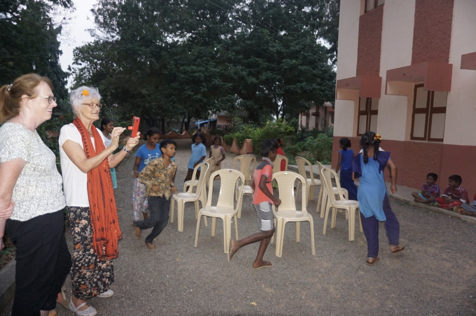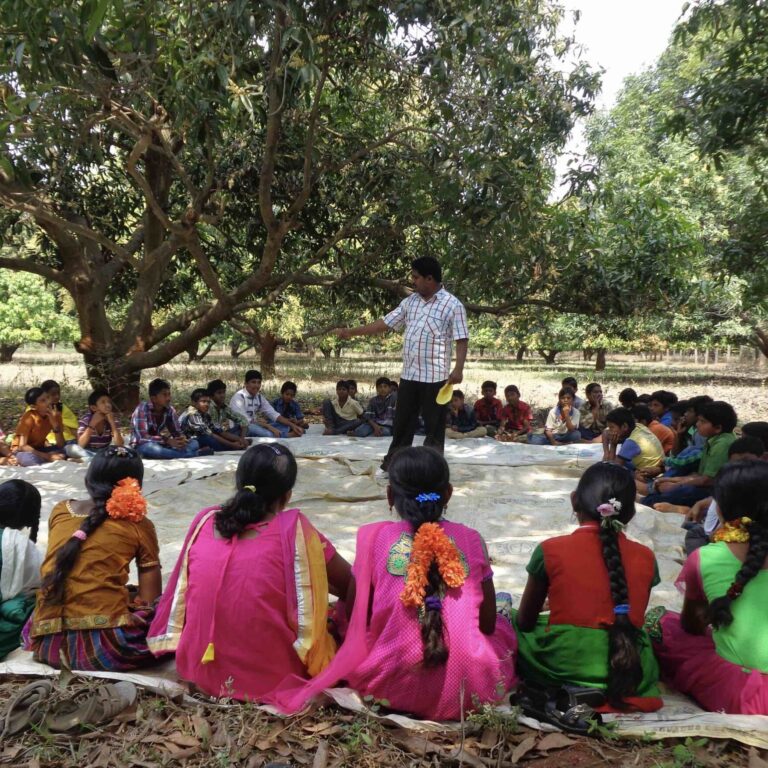Welfare Programs for Children

“The spirit of sacrifice is the soul of the society” – Fr. Wilhelm Meyer (Founder – SAL)
Most of the children attending government schools come from the poor strata of society. Their parents go for coolie (manual hard labour) work and return very late. The parents are often illiterate and cannot help their children with their school work. On some days, they are so tired, they don’t bother with the children.

To help these children and the parents, SAL has organised tuition sessions in Andhra Pradesh and Maharashtra. After school hours, appointed teachers provide tuition free of cost. They also have a competition for children which is part of the Morals class to encourage good citizenship within the community.
Children’s Parliament

